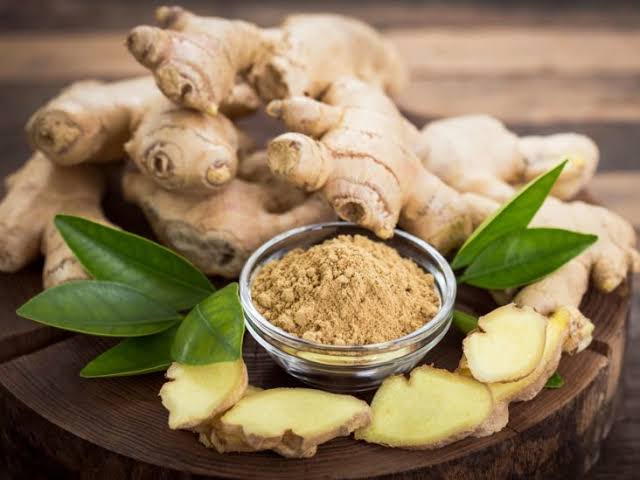- Your cart is empty
- Continue shopping

Health benefits of ginger you didn’t know about.

Ginger root has a range of health benefits, including improving digestion, blood sugar levels, and harmful cholesterol levels. Here’s a look at eight of ginger’s benefits and five ways for you to increase your intake.
Its official name is Zingiber officinale. The rhizome, more commonly known as the root, is what you are likely familiar with. The root is spicy and peppery in flavor, with loads of medicinal properties. It’s used all over the world in culinary and clinical applications—both for good reason.
Ginger has been called a miracle herb time and time again, but what makes it so powerful? This root has the following superpowers
1. Improves Immunity
Gingerol, the bioactive compound found in raw ginger, boosts immunity with its antimicrobial and antifungal properties. Ginger also contains antioxidants and anti-inflammatory properties. The combination of these properties has many benefits. These ginger health benefits and side effects improve coughs, lower fevers, fight off infections, relieve headaches, and ease other symptoms associated with common colds and the flu.
2. Alleviates Menstrual pain
Menstrual pain is a common symptom during a woman’s cycle, but incorporating ginger might make it more manageable. Using ginger during the first three days of your menstrual cycle helps with pain relief, and the anti-inflammatory properties relieve the bloat that is common with PMS
3.Aids Digestion
Ginger helps speed up the digestion process and empty your stomach more quickly. Someone with digestive issues, such as indigestion, ulcers, constipation, and IBS, might find relief by adding it into their regular diet. Studies have shown that those who consume ginger digest faster than those who don’t. It increases movement in the digestive tract and promotes healthy enzymes that help break down the foods we eat.
4. Relieves Nausea and Upset Stomach
One of the most well-known health side effects of ginger is its ability to relieve nausea. Whether it’s from motion sickness, migraines, morning sickness, or general stomach problems, ginger helps calm an upset stomach. It does so with its anti-inflammatory properties, better digestive responsiveness, and hormones that regulate blood pressure to calm the body
5. Aids in Weight loss
Some studies have shown that consuming ginger helps aid in weight loss. Ginger controls insulin levels, boosts metabolism, and aids in workout recovery. Ginger helps with weight loss by giving your metabolism a boost and creating a feeling of fullness to prevent overeating. It isn’t a fix-all, but when incorporated with other weight loss efforts, it can supplement your results.
9. Prevents Cardiovascular Disease
In addition to its other properties, ginger also works as a blood thinner, which is beneficial in preventing cardiovascular diseases. Blood thinners reduce the risk of blood clots, which lowers your risk of heart attacks or strokes. Another way ginger prevents heart disease is by lowering blood pressure and cholesterol. The build-up of cholesterol can clog arteries and increase the risk of heart problems. Ginger also improves circulation and lowers blood sugar, which helps the heart stay at peak performance.

